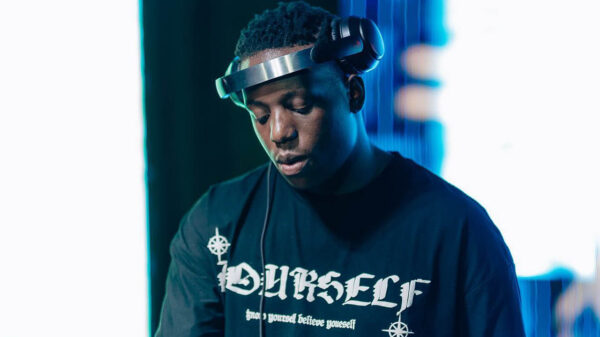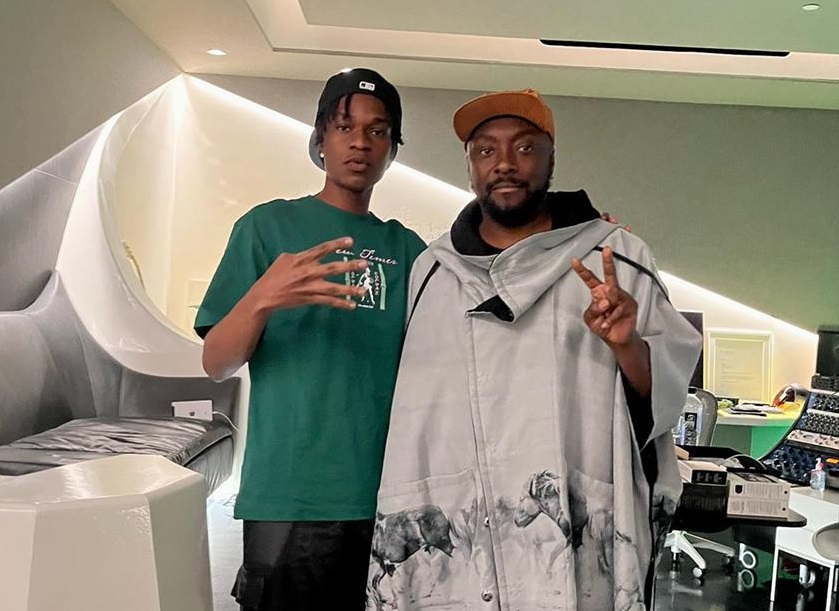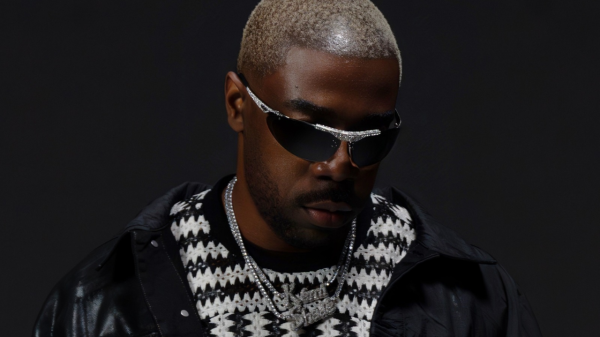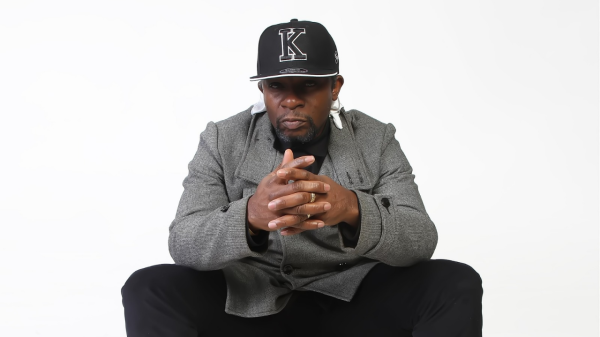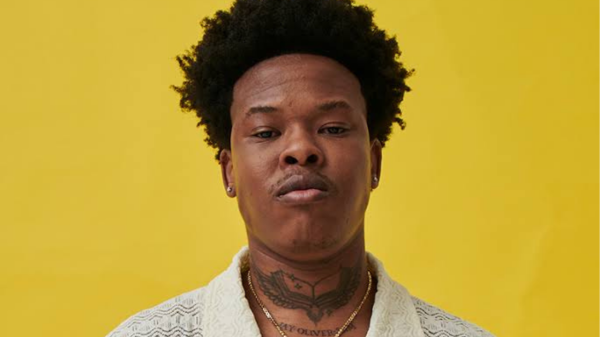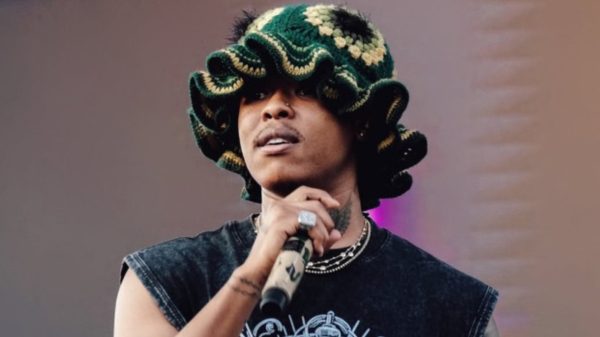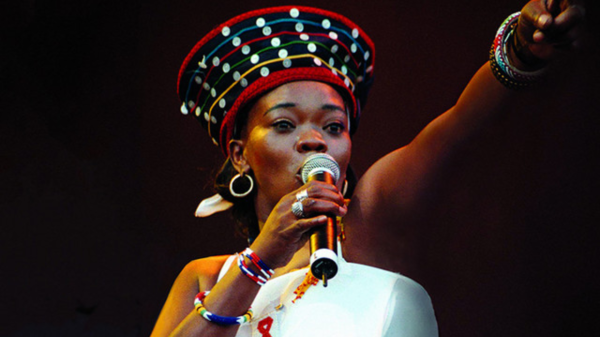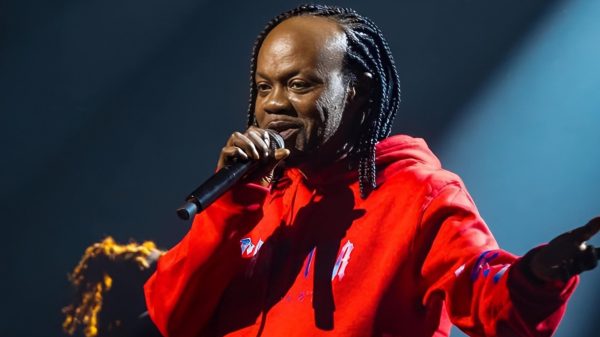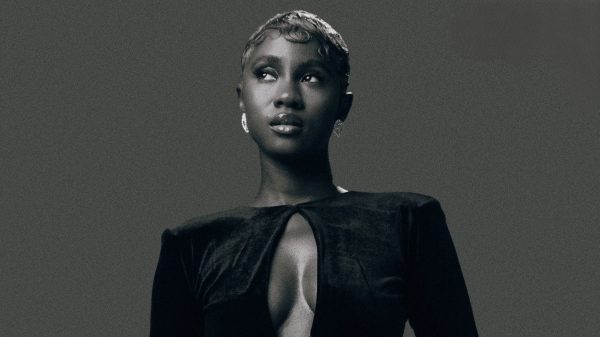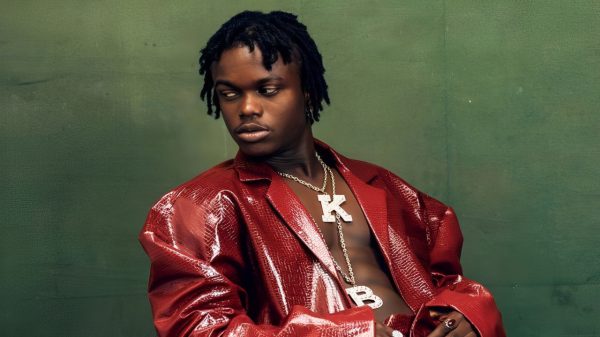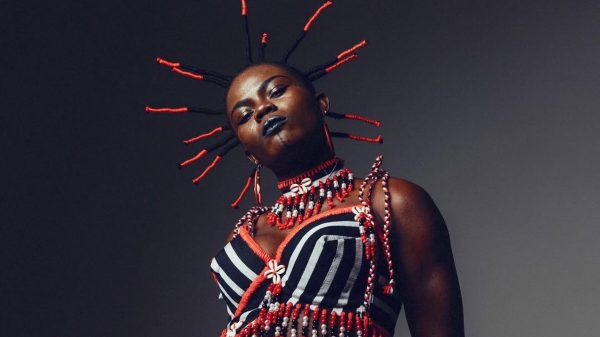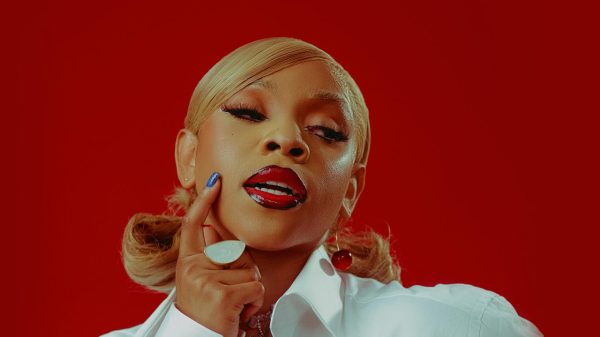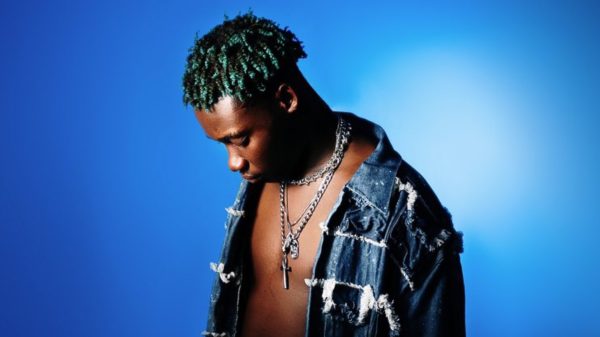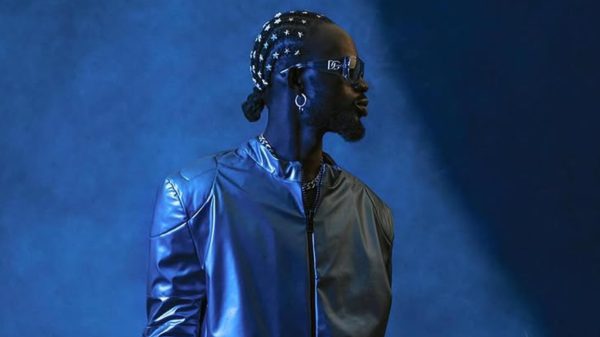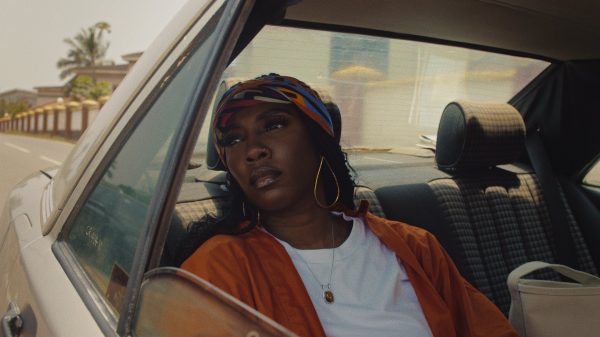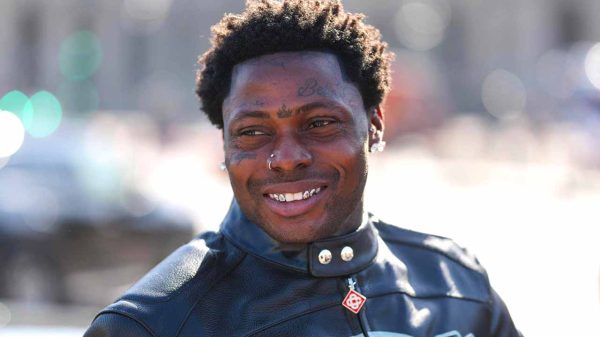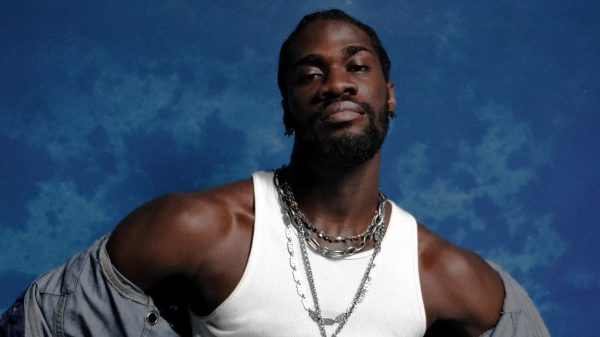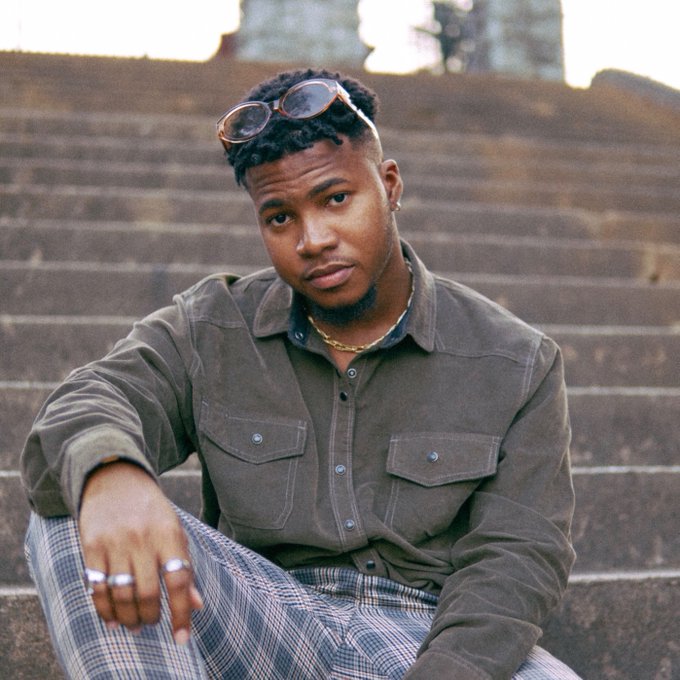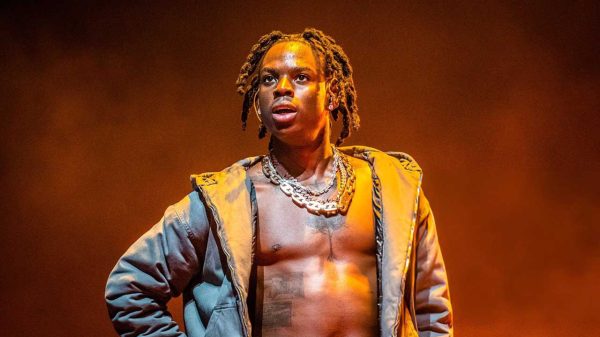Here’s how we rank Cassper Nyovest’s albums through the years.
Cassper Nyovest is among the few South African artists who have bent the genre to their will. Since crashing onto the scene in the early 2010s, the Mahikeng-born rapper has become a defining voice in the local music industry—equal parts mogul, hitmaker, and provocateur. From chart-topping singles and stadium-filling concerts to pivots into amapiano and kwaito, his career has unfolded like a high-stakes mixtape: bold, unpredictable, and always in conversation with the culture.
But longevity demands more than hype. It demands reinvention, vulnerability, and the kind of catalog that speaks across generations. Cassper Nyovest has given us that catalog—sprawling, inconsistent, occasionally brilliant. So with over a decade in the game and a discography that mirrors both his ambition and contradictions, the time feels right to revisit the full arc.
Here, we rank every Cassper Nyovest album—from his least essential outings to his career-defining masterpiece.
9. Sweet and Short 2.0
Cassper Nyovest’s attempt to double down on the amapiano wave with Sweet and Short 2.0 falters in both ambition and delivery. Although tracks like the chart-hugging “Siyathandana” (featuring Abidoza and Boohle) drew massive numbers, the project ultimately plays like a hollow echo of more innovative works in the genre. Stripped of the lyrical wit and personal edge that defined his earlier releases, this album struggles to justify its existence. It feels less like evolution and more like a placeholder—a glossy, trend-chasing product that lacks the narrative or sonic depth to endure.
8. Sweet and Short
The original Sweet and Short at least had the novelty of surprise. Here, Cassper Nyovest makes his first full swing into kwaito and early amapiano, lacing the project with a nostalgic veneer that plays well in spaces like groove parties and street corners. Songs like “Hase Mo States” and “Gets Getsa” bring the heat, but the album leans heavily on vibe at the expense of structure. What’s lost is Cassper Nyovest the lyricist—the emcee who once rapped like he had something to prove. The pivot is bold, but the result is more detour than destination.
7. Sweet and Short (Deluxe)
Soon after, the deluxe edition added more fuel to the dancefloor with tracks like “Remote Control” featuring DJ Sumbody and “Who Got the Block Hot?”—bangers that did the rounds on radio and in the club circuit. But even with those additions, the album feels disjointed. There’s a celebration of sound here, sure, but not much connective tissue. Despite going platinum on day one, the project feels more like a playlist than a proper body of work—high energy, low emotional stakes.
6. Refiloe
Coming off the success of his debut, Cassper Nyovest had the world watching—and he shot for the stars with Refiloe. The album, named after him, is massive in both ambition and execution, boasting features from The Game, Stonebwoy, and DJ Drama. There’s no shortage of anthem-ready moments—“Mama I Made It” and “428 to LA” are heavy-hitting declarations of self-made greatness. Yet for all its high points, Refiloe often feels like it’s stretching too far in too many directions. The cohesion that made his debut so magnetic is missing here, but its role in powering the historic Fill Up The Dome moment remains undeniable.
5. Any Minute Now (A.M.N)
Any Minute Now was about reflection. The album showcases a softer, more introspective Cassper Nyovest. “Good For That” delivers the swagger, while “Amademoni” and “Bonginkosi” offer a spiritual and emotional counterbalance. It’s one of his most diverse projects in terms of mood and genre, but that diversity sometimes undermines its sense of direction. Still, this album gave us glimpses of a grown Cassper Nyovest—one not afraid to expose his inner world beyond the flashy come-up stories.
4. Solomon
After dipping in and out of genres, Solomon marked a much-needed return to form. Leaner, sharper, and more focused than his previous few releases, the album sees Cassper Nyovest back in lyrical mode. The standout “018,” featuring Maglera Doe Boy, is a highlight—blending bravado and cultural rootedness in a way that recalls his early days but with a matured delivery. There’s a stripped-down confidence here, a clarity of voice that makes Solomon feel like a reset. It doesn’t try too hard to be everything—and that’s precisely its strength.
3. Tsholofelo
Cassper Nyovest’s official debut is still one of the most important South African hip-hop releases of the 2010s. Tsholofelo captured a young artist at the intersection of hunger, heritage, and hustle. The energy is raw, almost frantic in places, but it works. “Gusheshe” with OkMalumKoolKat and the now-iconic “Doc Shebeleza” didn’t just dominate charts—they helped redefine what local hip-hop could sound like. The album doesn’t always hit perfectly, but its cultural resonance is undeniable.
2. Tsholofelo (Platinum Edition)
The Platinum Edition of Tsholofelo didn’t just tack on bonus tracks—it elevated the original into something more cohesive and replayable. New tracks like “Tsibip” and the remixed versions added depth without diluting the raw appeal of the debut. The album’s DNA—fusing hip-hop, kwaito, and motswako—remains intact, but the polish is noticeable. It’s the version fans often return to, and for good reason: this is the sound of Cassper Nyovest fully stepping into his role as a cultural phenomenon.
1. Thuto
There’s Cassper Nyovest the brand and then there’s Cassper Nyovest the artist and inThuto, the latter takes full control. It’s his most emotionally complex and technically refined album to date. “Tito Mboweni” is the obvious hit—infectious, confident, and meme-worthy—but it’s tracks like “Destiny” with Goapele and the tender “Baby Girl” that reveal the heart beneath the swagger. On Thuto, Cassper sheds the bravado long enough to let vulnerability—and ambition—coexist. It’s a coming-of-age moment, both personally and musically. Even years later, it holds up as a touchstone for modern SA hip-hop.



